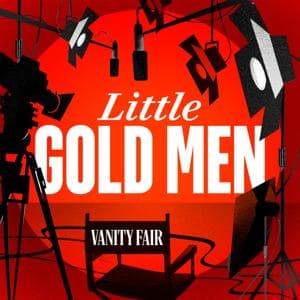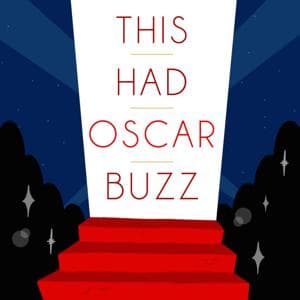This episode was originally released on March 3, 2015. Listen to help prep for the next episode of our new season, The Old Man is Still Alive.
She was the raven-haired beauty whose lily-white persona was forged by her supporting roles in Gone With the Wind and several Errol Flynn swashbucklers. He was the real-life swashbuckler, the heroic lover/drinker/fighter whose directorial debut The Maltese Falcon, was an enormous success. They met when Huston directed de Havilland in his second film, In This Our Life, and began an affair which would continue, on and off, through the decade, as he joined the Army and made several controversial documentaries exposing dark aspects of the war experience, and as she waged a war of her own, taking Warner Brothers to court to challenge the indentured servitude of the star contract system. De Havilland’s lawsuit went all the way to the California Supreme Court, and had massive implications on the future of labor in Hollywood and beyond.
To learn more about listener data and our privacy practices visit: https://www.audacyinc.com/privacy-policy
Learn more about your ad choices. Visit https://podcastchoices.com/adchoices




































